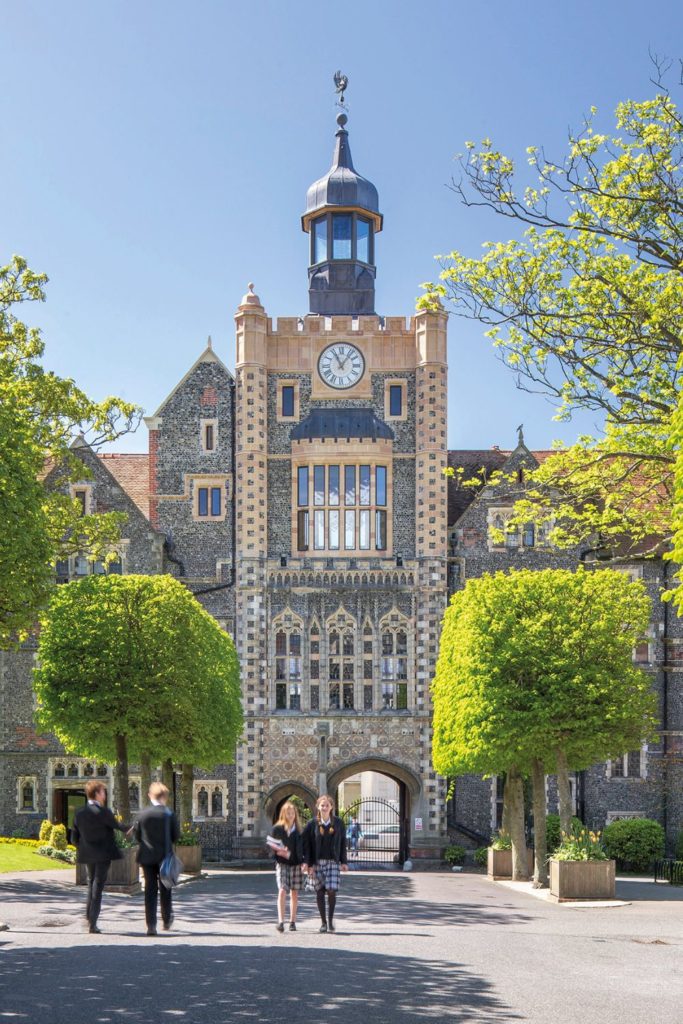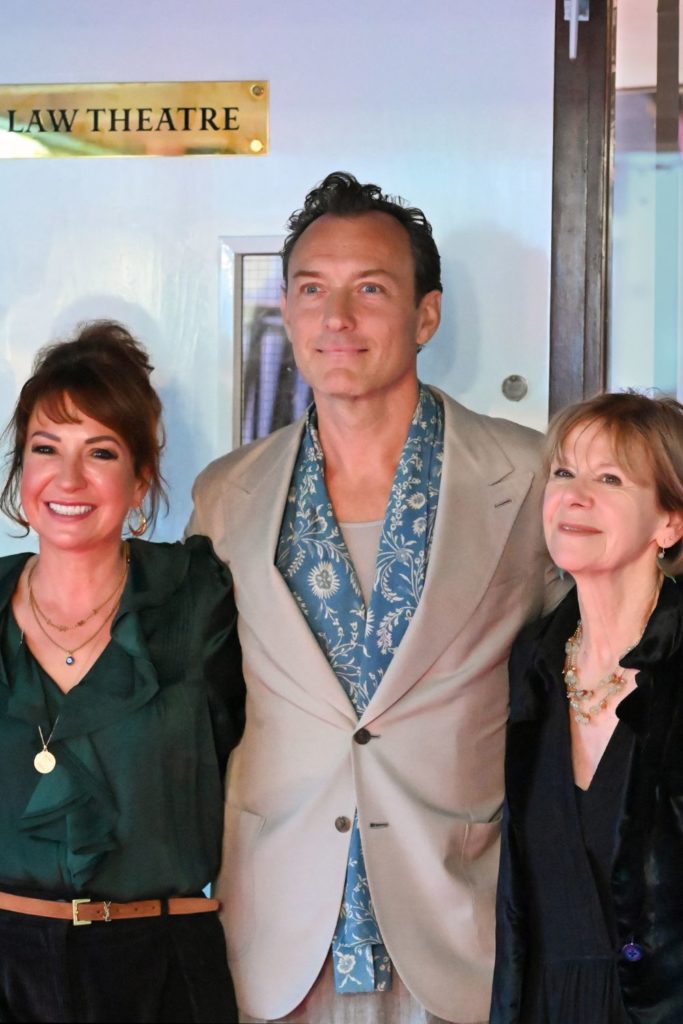What’s the Difference? School Scholarships and Bursaries Explained
By
7 years ago

Emma Love explains how scholarships and bursaries work.
On the face of it, the world of scholarships and bursaries can seem like a bit of a minefield. But it’s an important one to know how to navigate – and can make all the difference between parents being able to afford to send a child to an independent school or not.
Scholarships vs Bursaries
Whereas scholarships are awarded on merit – for being brilliant at maths, art or sports, say, or an excellent academic all-rounder – and usually come with up to around a five to 20 per cent fee assistance, bursaries are means-tested places based on financial earnings. An outstanding pupil from a family on a low income may find themselves the recipient of both a scholarship and a bursary. Either way, the good news is that these are on the up.
Last year, the Independent Schools Council which represents more than 1,200 independent schools in the UK and overseas, found that its members increased the value of means-tested bursaries by 4.8 per cent, to the value of £362 million. All of which equates to 43,000 pupils receiving some form
of means-tested assistance (43.7 per cent have more than half of their fees remitted) and 5,657 pupils paying no fees at all.
According to ISC chairman and former head of Harrow School, Barnaby Lenon, the reason for this increase is twofold. ‘In the past, schools gave lots of scholarships worth up to half of the fee but now they are usually worth minimal or even of no monetary value. This is so they can allocate more to bursaries. Offering scholarships doesn’t necessarily increase the applicants whereas bursaries are targeting a group of parents whose children otherwise wouldn’t be able to go to a school,’ he explains.
‘Quite a large number of schools, such as Manchester Grammar and King Edward’s School in Birmingham, have a historic commitment to educating pupils from low income families and try to take as broad a range of pupils as possible. They don’t only want to be schools for the affluent and make a big effort to keep fundraising to find bursary money.’
Barnaby Lenon, Chairman of the Independent Schools Council
Shining Examples
One such trio of schools is Trinity, Old Palace of John Whitgift and Whitgift in south London, which are all supported by The Whitgift Foundation, a registered charity that offers one of the largest bursary schemes in the UK. ‘Whitgift has led the way in the awarding of bursaries for centuries,’ says Chris Ramsey, headmaster at Whitgift School, where 20 per cent of pupils currently receive a bursary.
‘The Whitgift Foundation is built on the vision of helping boys access a world-class education with financial assistance, and the diverse pupil body we have today reflects that. There are always far more boys seeking bursary help than we can manage to accommodate, which is why we are looking to raise more funds.’ ‘Competition is fierce,’ continues Ramsey, ‘but we are not expecting bursary holders all to be at the top academically: we also look for potential and an eagerness to learn.’
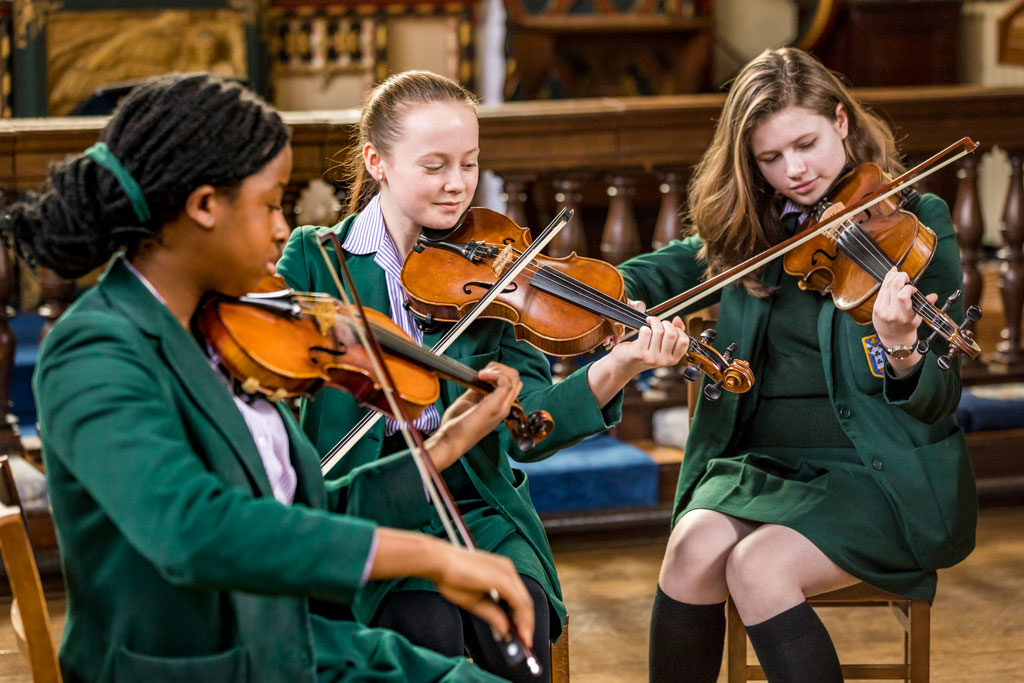
At the same time, Whitgift offers scholarships for academic, engineering, musical, artistic, dramatic and sporting talent. ‘The maximum award is 50 per cent of fees though this is rare,’ says Ramsey. ‘Small percentages are much more common, since we prioritise means-tested awards in our budgeting.’ Another school that falls into this category is Christ’s Hospital, which offers more bursaries than any other independent boarding school in the UK: 73 per cent of pupils receive some level of support and 34 per cent pay less than ten per cent of the boarding fee (it also offers 15 scholarships per year).
Where to Begin?
While some schools, such as those in The Whitgift Foundation, publish a chart on their website to give parents an idea of whether they could qualify for a bursary (and what level of support they might expect), many others don’t, simply because they may not know their budgets from one year to the next or how the money will be split.

While this can make it tricky for parents to work out where to begin, there are several organisations that can help. Independent Education Consultants was set up seven years ago by former teacher and boarding school housemistress, Catherine Stoker, to offer all kinds of education advice. ‘The most commonly asked question is, “am I likely to get a bursary?” says Stoker of her clients, 80 per cent of whom live abroad.
‘What we tend to do is spend around 15 minutes offering free advice on how to get started and the first thing we do is encourage them to call schools to find out their individual requirements. In my experience, schools are very open and supportive in talking to parents – it’s just giving them the confidence to pick up the phone.’
Catherine Stoker, founder of Independent Education Consultants
The Good Schools Guide has an in-depth consultancy arm, which, for a small fee (up to £360), points parents in the right direction with updated information annually amassed from the schools in the guide. ‘We ask the parents a variety of questions and from this we judge whether the child could be a realistic candidate for a scholarship or bursary and whether we would be able to help. If we feel the child might gain some fee assistance, we then produce a report on what the school offers,’ explains Susan Hamlyn, director emerita of The Good Schools Guide.
‘For scholarships, the aim is to provide the number and type awarded; a scholarship’s reduction in fees, the assessment process and sample exam papers. This is not always possible for every school, but we provide as much information as we are able.’ Crucially the report also includes details of deadlines for registration and application, as well as entrance exam dates.
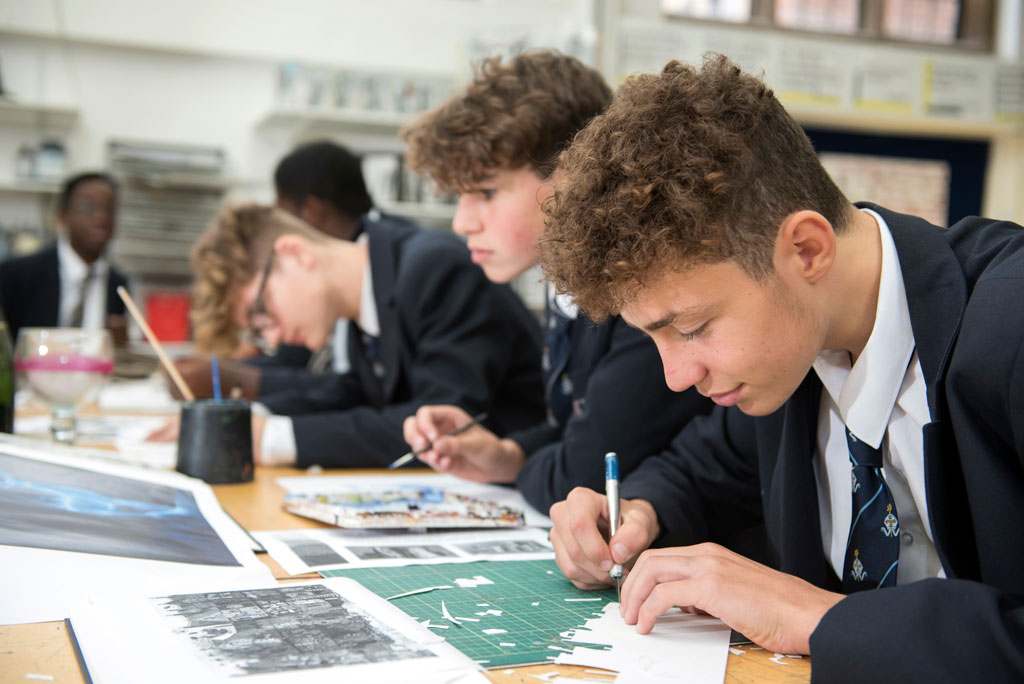
A Day in the Life
In return for a scholarship, pupils are always expected to participate fully in that particular subject throughout their school life. At Shrewsbury School in Shropshire, for instance, scholarships fall into various categories (academic, music, art, drama, design technology, sport and all-rounder) and are either given to pupils under the age of 14 who join in the third form or to those entering the sixth form. ‘We see scholarships not as the final point, but as the springboard,’ says Stuart Cowper, director of teaching and learning.
‘If pupils arrive with a scholarship, we have a responsibility to nurture, mentor and keep developing that particular specialism. In return, we expect the scholar to engage and give something back by contributing to the school and inspiring others.’
Stuart Cowper, director of teaching and learning
Sports scholars, for example, will be expected to run various house sports, represent Shrewsbury at fixtures and take part in the School’s Dedicated Athlete Programme, with twice-yearly reviews of the scholar’s progress, fitness assessments, strength and conditioning planning and goal setting exercises. The idea being that the programme maximises their potential, both while at school and afterwards.
Similarly, Lancing College expects scholars (scholarships are awarded at year nine and 12, either on the basis of an academic paper or in the case of arts scholarships, on an interview and portfolio), not only to build their own skills but take on a wider role and encourage others – whether that’s a music scholar coaxing shy violinists to audition for a school production or an academic scholar heading up a debate team. Annual review days ensure these roles are being fulfilled.
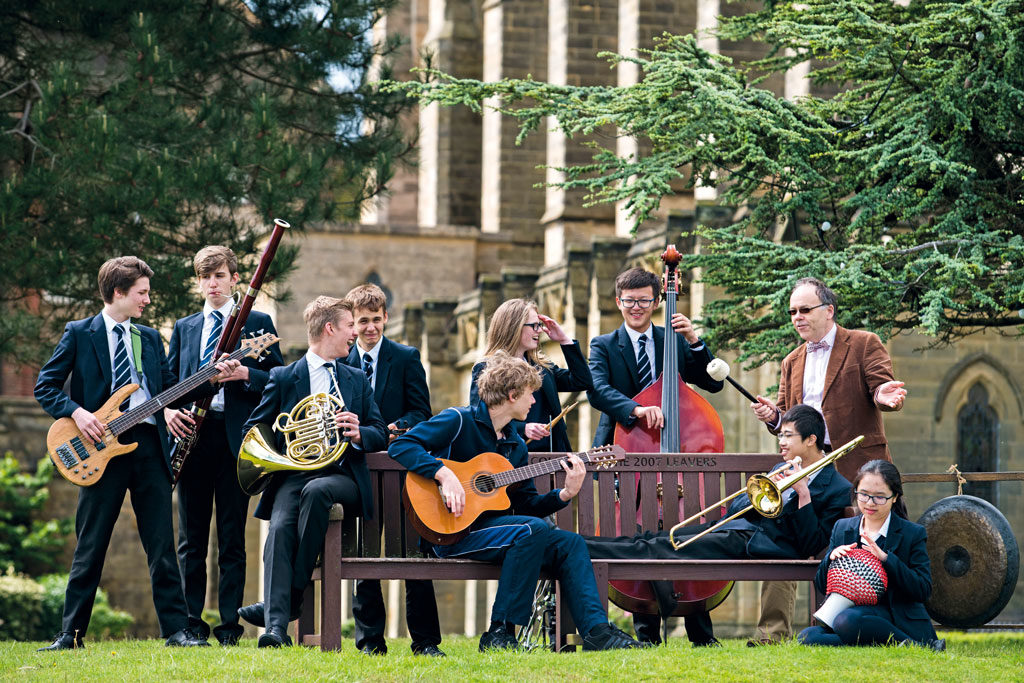
Start them Young
While scholarships (and bursaries) are rarer within the prep system, schools do offer awards. The Thomas’s Schools Foundation provides bursaries for Thomas’s London Day School pupils in years seven and eight
worth between ten and 90 per cent.
Eaton House Belgravia recently announced four new scholarships available to pupils. Cumnor House Sussex set up a foundation for talented pupils and by persuading 13 ouststanding senior schools to honor the bursary until the pupil is 18, they guarantee a seamless independent school education all the way through.
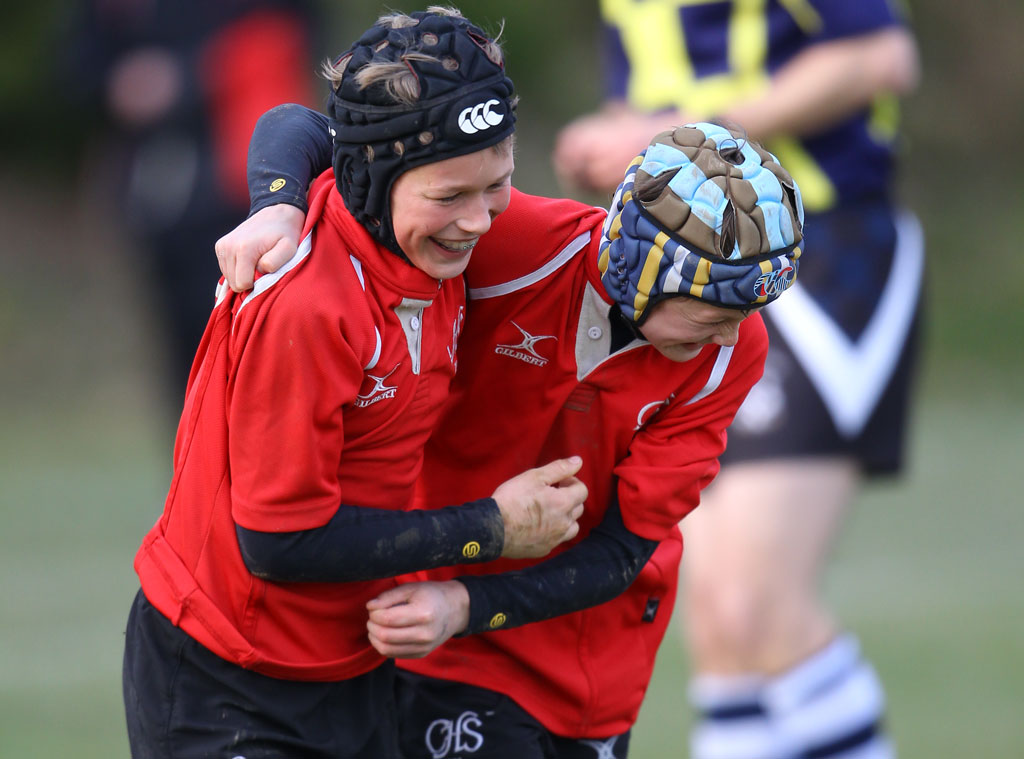
In most schools, these awards – for all-round academic excellence, music, sports and maths – come with certain expectations. At Eaton House Belgravia scholarship boys will have additional roles. For example, the maths scholar, or Leibniz Prize winner, named after the mathematician Gottfried Wilhelm von Leibniz, is expected to help champion other year three boys in a Leibniz Club taken by a mathematics teacher. ‘If children are scared of maths, it’s much easier to overcome when someone their own age is there to help,’ explains headmaster Huw May.
When applying for senior school scholarships, Stoker advises parents to listen to their child’s prep school teachers. ‘We always point parents in the direction of their prep school head for advice on whether children are the right calibre for a scholarship,’ she says. ‘If children are applying for several schools, it’s an awful lot of exams so it’s important to make sure that they aren’t being put under unnecessary pressure. A prep school knows its children academically better than anybody.’
With both scholarships and bursaries then, it seems that organised, in-advance research to find out exactly what each school offers and if a child is suitable, really does pay off.
This article was originally published in School House: Scholarships & Bursaries Magazine in January 2019.
READ MORE: Ways and Means: How Schools Fund Scholarships

